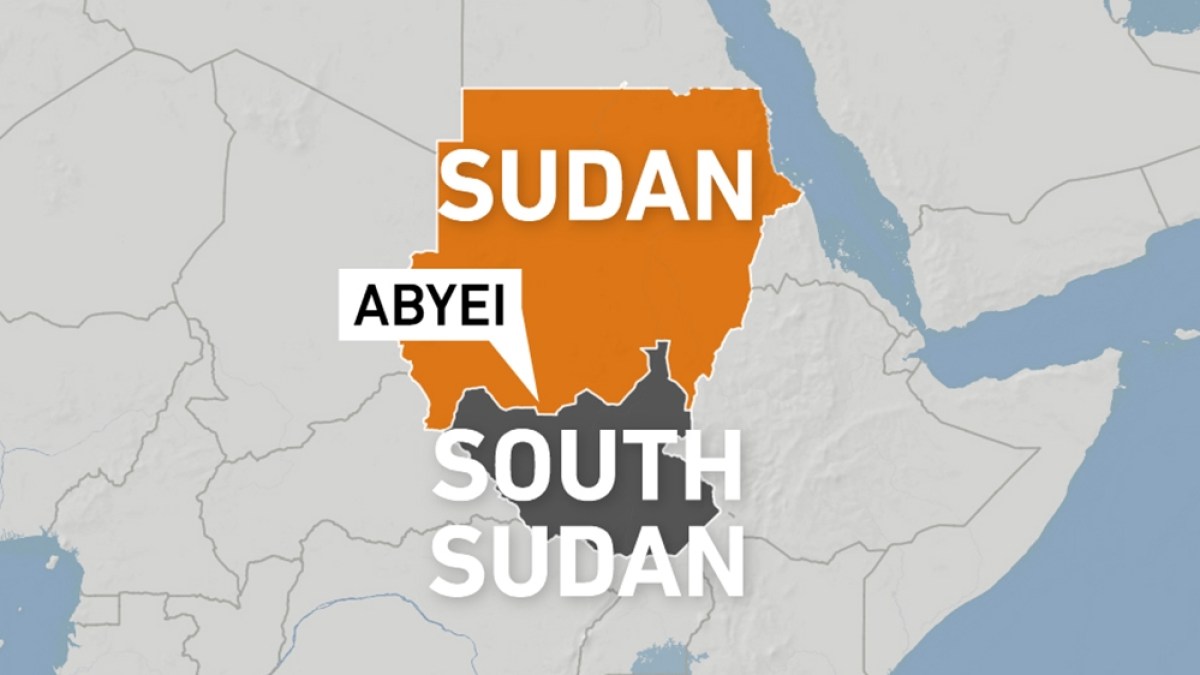Opinion polls suggest Ishiba’s Liberal Democratic Party may fall short of a majority in Upper House elections.
Published On 20 Jul 2025
Voters in Japan are going to the polls in an upper house election seen as a test of the popularity of Prime Minister Shigeru Ishiba and his ruling coalition.
Polling stations opened nationwide at 7am on Sunday (22:00 GMT, Saturday) and will continue until 8pm (11:00 GMT) in most places, according to Japan’s national broadcaster, NHK.
The rising cost of living, especially for the staple food of rice, is a key issue for many voters, with population decline and foreign policy also on the agenda, according to NHK.
Opinion polls suggest Ishiba’s Liberal Democratic Party (LDP) and coalition partner Komeito may fall short of the 50 seats needed to retain control of the 248-seat upper house of parliament in an election where half of the seats are up for grabs.
A poor performance on Sunday would not immediately trigger a change of government because the upper house lacks the power to file a no-confidence motion against a leader, but it would certainly deepen uncertainty over Ishiba’s fate and Japan’s political stability. Ishiba would face calls from within the LDP to resign or to find another coalition partner.
 Voters look at posters of candidates for the upper house election outside a polling station in Tokyo, Japan on Sunday [Manami Yamada/Reuters]
Voters look at posters of candidates for the upper house election outside a polling station in Tokyo, Japan on Sunday [Manami Yamada/Reuters]Opinion polls also suggest smaller opposition parties pushing for tax cuts and increased public spending are set to gain. These parties include right-wing Sanseito, which is promising to curb immigration, oppose foreign capital inflows and reverse gender equality moves.
“I am attending graduate school, but there are no Japanese [people] around me. All of them are foreigners,” said Yu Nagai, a 25-year-old student who said he voted for Sanseito.
“When I look at the way compensation and money are spent on foreigners, I think that Japanese people are a bit disrespected,” Nagai told the Reuters news agency.
Other voters, meanwhile, voiced concern about escalating xenophobia.
Yuko Tsuji, a 43-year-old consultant, who came to a polling station inside a downtown Tokyo gymnasium with her husband, said they support the LDP for stability and unity and voted “for candidates who won’t fuel division.”
“If the ruling party doesn’t govern properly, the conservative base will drift toward extremes. So I voted with the hope that the ruling party would tighten things up,” she told The Associated Press news agency.
Self-employed Daiichi Nasu, 57, said he hopes for a change towards a more inclusive and diverse society, with more open immigration and gender policies such as allowing married couples to keep separate surnames. “That’s why I voted for the CDPJ,” he said, referring to the opposition Constitutional Democratic Party of Japan. “I want to see progress on those fronts.”
More than 20 percent of registered voters, some 21 million people, voted early, significantly more than three years ago, NHK reported.
Ishiba, 68, a self-avowed defence “geek” and train enthusiast, became prime minister on his fifth attempt last September before immediately calling snap elections for late October.
Those polls marked a significant defeat for the new prime minister’s ruling coalition, which won just 209 seats in the lower house of parliament, down from the 279 it previously held.
In April, Ishiba announced emergency economic measures to alleviate any impact on industries and households affected by new tariffs imposed by the United States on Japanese exports.
The country is still frantically seeking to secure a reprieve from US President Donald Trump’s proposed 25 percent tariffs before a new August 1 deadline touted by Washington.
Ishiba’s centre-right LDP has governed Japan almost continuously since 1955, albeit with frequent changes of leader.
He is the third prime minister to lead the country since former leader Shinzo Abe resigned in September 2020.
Abe was assassinated two years later, leading to revelations and public outrage about ties between the former prime minister, his LDP and the Unification Church.
Source:
Al Jazeera and news agencies

 3 months ago
103
3 months ago
103

















































